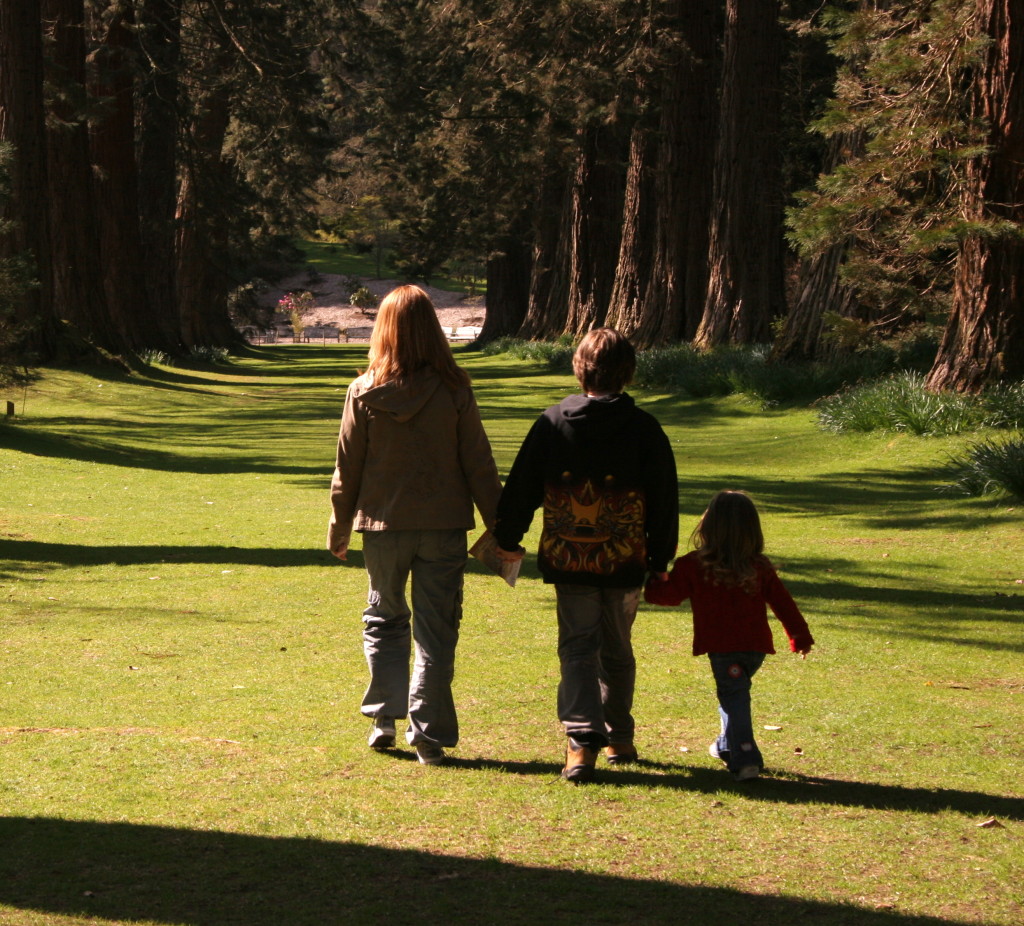By Mary Elizabeth Sabatini, MD, PhD
Massachusetts General Fertility Center
She walked into my office and met my greeting with a warm hand shake and a smile. She was a sophisticated-looking woman in her early 30s. She struck me as a confident person who knew she was on a good trajectory in her life. She was there with her husband who looked equally accomplished but somewhat less confident and more worried than she did. Her appearance was in contrast to the turmoil that had recently overtaken her life. From the note I had gotten from the referring physician I knew she had come to see me because she had just been diagnosed with breast cancer and was anticipating surgery and chemotherapy.
I started the visit in the usual way. “It is a pleasure to meet you, but I am sorry you to have to be here. What can I do for you?” “I have breast cancer,” she replied. “My oncologist told me that my treatments may make it difficult for me to get pregnant eventually so he sent me here.” I asked her and her husband a number of questions about themselves and their medical history. They had married just a few months prior and were just starting to try to build their family.
Then they found out about the cancer. She started to cry. “Who even knows if I could get pregnant now, let alone after chemo and tamoxifen?” Her husband embraced her from his chair. The box of tissues I offered her seemed like an insufficient gesture. Their dreams about the life they were building together went from perfect to chaotic in just a few days. “I know I want kids…I know we want children,” she said looking to her husband. “I don’t know what to do.”
Unfortunately this is a story that unfolds in too many people’s lives. Cancer does not discriminate. The only thing in common for those who come to my office is that they know they want to have children. Not only have they learned that they will have to undergo difficult treatments but that also they may not have the opportunity to have children due to the treatments that are intended to save their life.
Fortunately there are more and better options that are helping us to find ways to help people diagnosed with cancer to parent. There is much research aimed at looking for medications that may protect future reproductive function, and there is continuous improvement in in vitro fertilization that have enabled women to preserve eggs or embryos for future use. Men can also freeze sperm for future use. We are developing ways of saving ovarian tissue which also holds promise to help people build their families.
I have followed the stories of all of the patients who have undertaken IVF for “fertility preservation” for the last 18 years at the MGH. I have looked at the baby pictures sent from many of our patients and marveled at the happiness that they have ultimately had, pleased that their dreams have come true. By the same token I have also met with the patients who have “done it all” and not ended up with the desired outcome from their time and treatments with us—a baby.
The pain and hurt I have for such patients can be overwhelming; they have worked hard, and they deserve better. They, along with some of my non-cancer infertility patients, have taught me much though—perhaps more than those who have had “success.” I have learned about human resilience and acceptance and moving on and finding other ways to achieve success.
Until recent times, there were only two ways to parent—you either had a biological child or you adopted. Today there is the option of using eggs or sperm that have been donated. Some find ways to parent people who are in need. Families can be created in a variety of ways, and the fulfillment, love, and promise can be the same because there is so much more to parenting than passing along genetic information or giving birth. It is that intangible part of ourselves that gets passed from one person to another that makes us a parent: our smile, our laughs, our temperament, mannerisms, and our thoughts and values. There are a lot of paths to build a family. Obviously I would wish an easy journey for all, but I hope for those for whom it is not easy, no matter what the cause or obstacles, a sense of satisfaction with the family they have created and happiness with those with whom they get to share their life.

